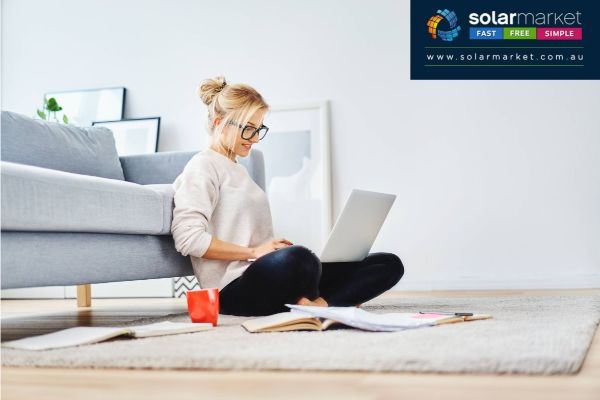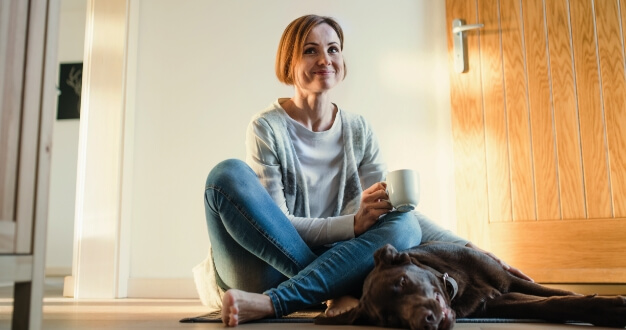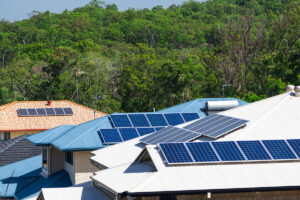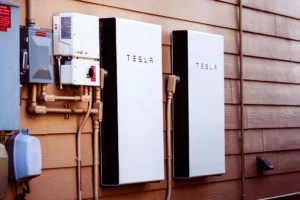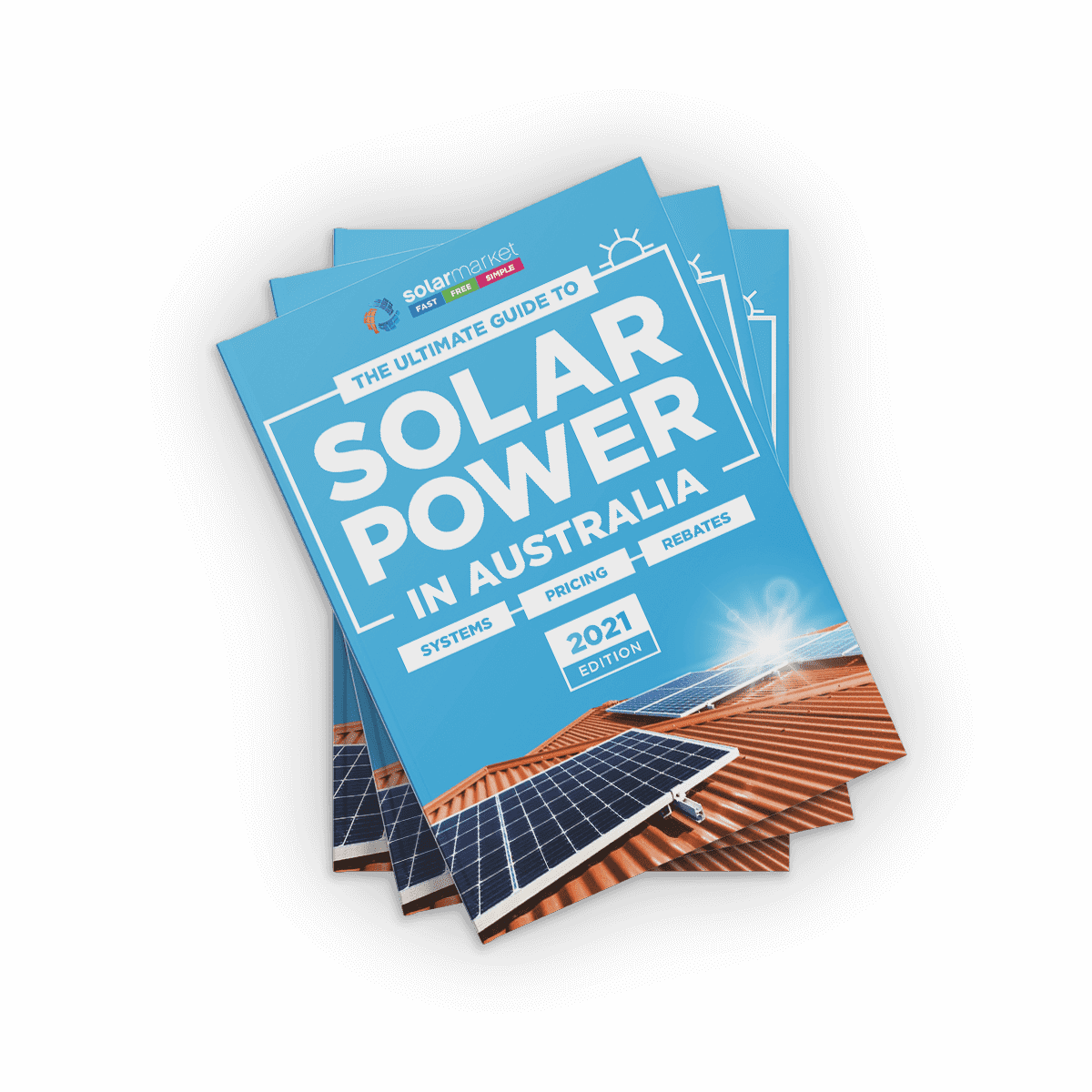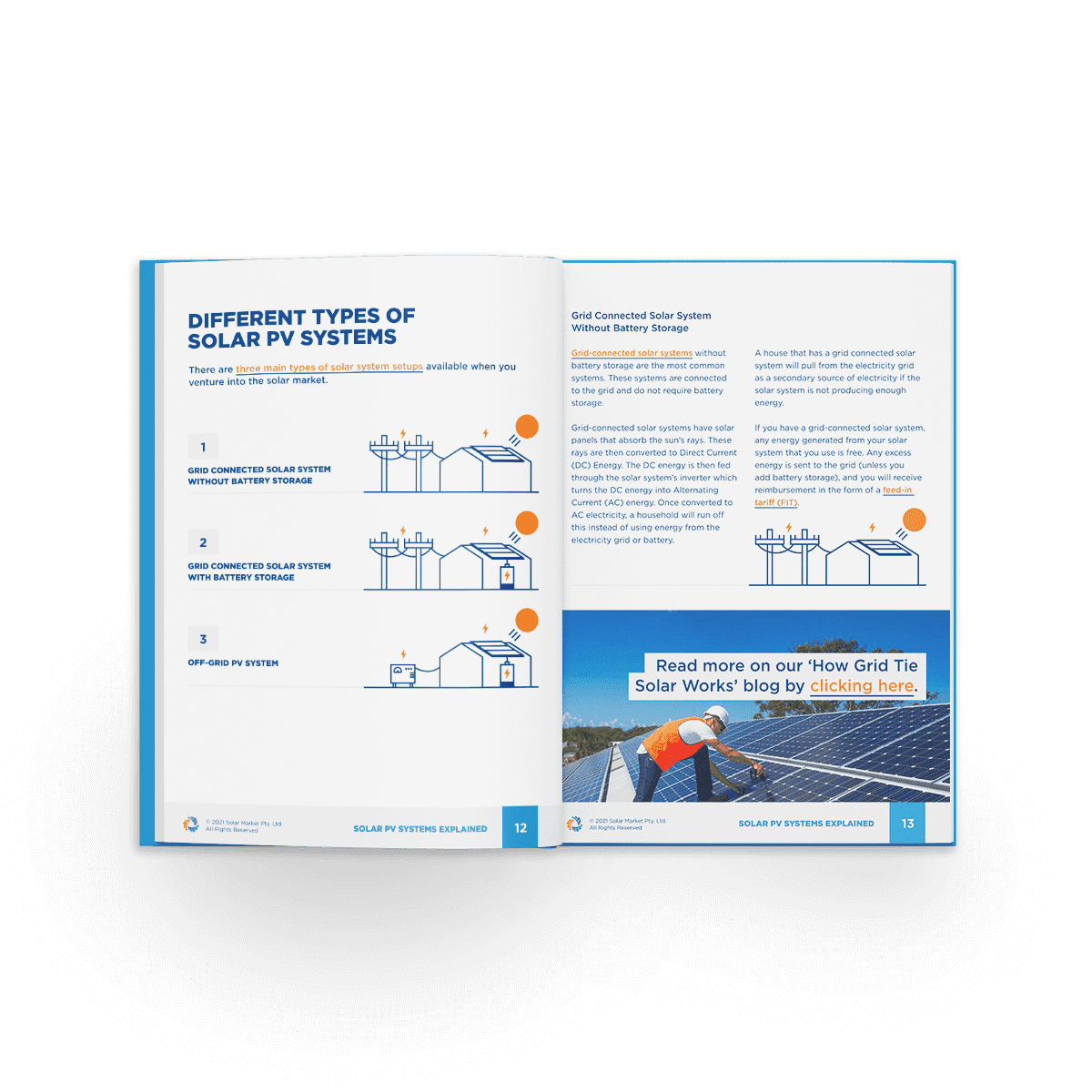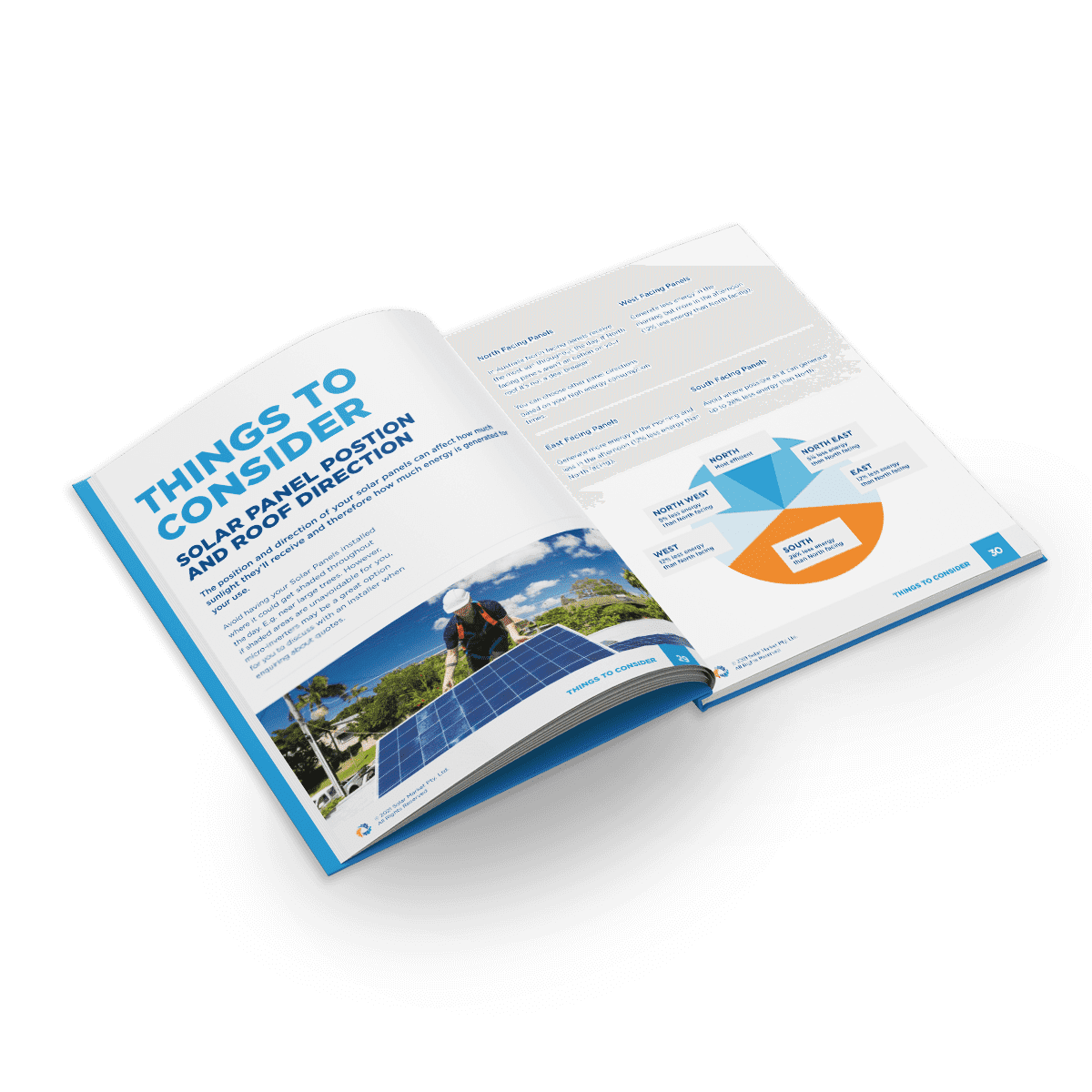As we delve into a second round of lock-down, the COVID-19 pandemic has yet again shut us in and challenged the way in which we do ‘normal’. Adaptability, however, is one of humanity’s greatest strengths and in the face of such unknown times, it seems we have developed some pretty interesting habits and solutions to our foreseeable hermit existence. So besides, working from home, ordering UberEATS often and wearing pyjama bottoms on our zoom calls, how do we move forward in this perpetual state of immobility?
Home Renovations 
As businesses grind to an eye-watering halt we have begun to see a time of internal reflection begin. With a halt on pesky things such as customers and actual profit, focuses such as renovations and digital innovation have forced industries to ask, “how can we do this better than before.â€Â
Judging by the lines at Bunnings and the empty shelves in crafting stores, the ‘internal restructure’ movement has transcended the business world and has caught up with the rest of society. The menial ‘I’ll get to that task’ that we have swept under the rug for so long are now blatantly staring us in our iso-faces- forcing us to re-evaluate how we do ‘normal’ at home.
So with half built patios and the majority of our living room furniture sanded back, how do we effectively do an internal spring clean?
The Solar Habits to Help You Save In Lock-Down
One of the most effective activities you can do is a break down of your bills, budget and energy usage. By working from home and spending more hours in the house than ever before, energy bills around Australia are set to soar- leaving energy companies as one of the only industries that are reveling in this current air-born demise.
So, if you are ready to start on your own internal restructure journey, then solar could help ease some of the effects felt by COVID by reducing your energy bills by up to 80%.
If you know about home solar power systems, then you would have heard that they can reduce your electricity bills from generating free solar energy for a household to use.
What you might not know is that households where there are people working from home, or have people home during the day, benefit the most from having solar power systems as they generate energy primarily during peak-daylight hours. If your peak energy usage is during daylight hours, then the majority of your energy needs will be covered simply by solar!
If a solar power system’s energy is not used during the day it is fed into the electricity grid and reimbursed as a credit (also know as feed-in tariff return) on your electricity bill. The rate you receive in return, however, is in no way comparable to the amount you would save from using the energy yourself.
If you would benefit more from using your ‘free’ energy at night, then an additional battery storage could be an effective alternative to your solar solution.
If you are interested in discovering how solar habits can help you save then request 3 free solar quotes from CEC accredited installers to get you saving!
